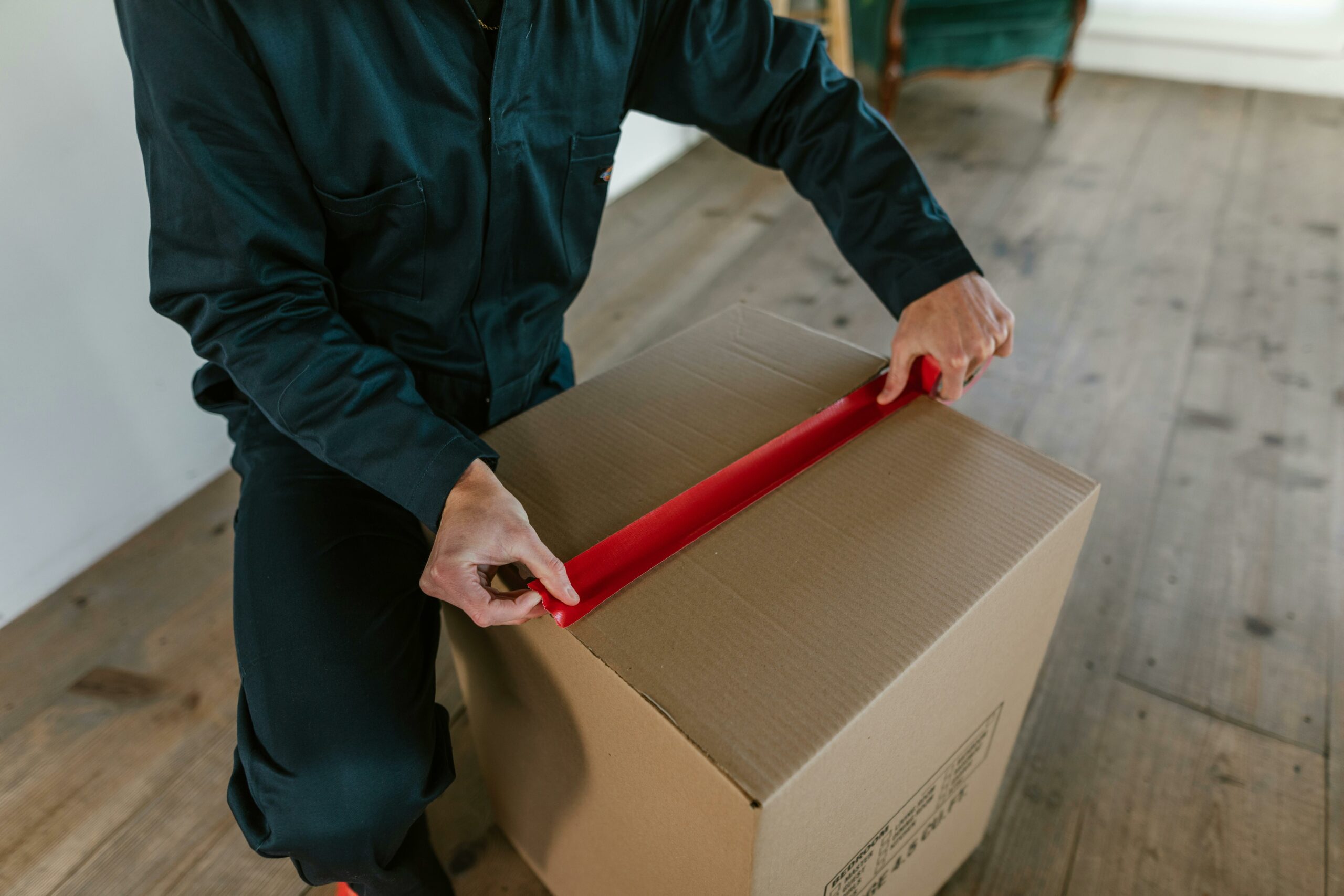Moving to a new place can be an exciting yet challenging experience. Whether you’re relocating for a change of scenery, to be closer to family, or for better amenities, the process requires careful planning and preparation. This blog post will guide you through the key considerations for a smooth and successful move.
Pre-Move Planning
Researching Potential Areas
The first step in planning a move is researching potential areas. Utilize online resources to gather information about different places. Websites with reviews, cost-of-living calculators, and neighborhood profiles can be very helpful. Additionally, consider visiting the areas in person to get a feel for the community. Talking to current residents can provide valuable insights into the local lifestyle and amenities.
Evaluating Housing Options
Once you’ve identified a few potential areas, it’s time to evaluate housing options. Decide whether you prefer to buy or rent. Buying a home can be a good investment but involves a larger financial commitment. Renting offers more flexibility, especially if you’re not ready to settle in one place long-term. Consider the type of housing that suits your needs best, whether it’s a house, apartment, or condo. Each option has its own benefits and drawbacks, so weigh them carefully.
Logistics of the Move
Organizing and Downsizing
Moving is an excellent opportunity to organize and downsize your belongings. Decluttering can make the moving process more manageable and help you start fresh in your new place. Sort through your possessions and decide what to keep, donate, or discard. Tips for letting go include tackling one room at a time, being honest about what you truly need, and envisioning your new space.
Hiring Movers vs. DIY
Next, decide whether to hire professional movers or do it yourself. Hiring movers can save time and physical strain, but it can be costly. If you opt for a DIY move, you’ll have more control and potentially save money, but it requires significant effort and planning. Consider factors like the distance of the move, the amount of belongings, and your budget when making this decision.
Financial Considerations
Budgeting for moving expenses is crucial to avoid unexpected financial stress. Include costs such as packing materials, transportation, and any fees associated with selling or leasing property. Be aware of hidden costs like utility deposits, storage fees, and potential temporary accommodation. Planning for these expenses will help you manage your budget effectively.
Settling In
Creating a Comfortable Space
Once you’ve moved, focus on creating a comfortable and personalized space. Unpack your essentials first to make your new place feel like home. Arrange your furniture and decorate according to your taste. Personal touches like family photos, favorite books, and cherished mementos can make a big difference in making your new house feel like a home.
Building a New Community
Building a new community is essential for a fulfilling life in your new place. Join local groups and clubs that align with your interests, such as hobby groups, fitness classes, or book clubs. Volunteering is another great way to meet new people and give back to your community. Getting involved locally will help you establish connections and feel more integrated into your new environment.
Moving to a new place involves excitement and challenges, but with careful planning and preparation, it can be a smooth transition. Remember to research potential areas thoroughly, evaluate your housing options, and plan the logistics of your move. Once settled, focus on creating a comfortable space and building a new community. Embrace the change and look forward to new beginnings in your new place!


